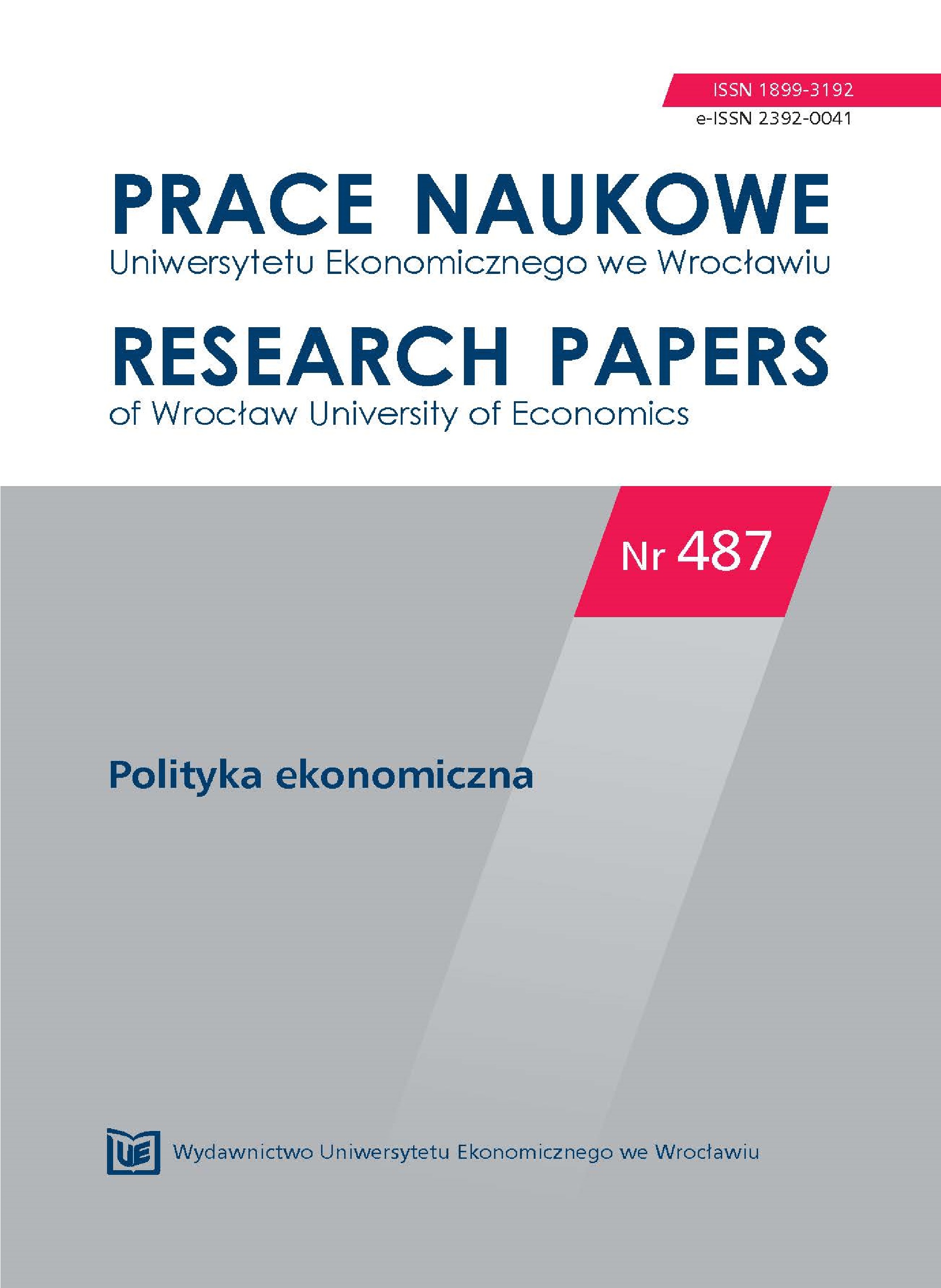Wpływ konkurecji
międzygrupowej grup selektywnych na koordynację w świetle badań
eksperymentalnych
The effect of selected intergroup competition on group
coordination in the light of the experimental research
Author(s): Ireneusz DąbrowskiSubject(s): Economy
Published by: Wydawnictwo Uniwersytetu Ekonomicznego we Wrocławiu
Keywords: intergroup competition; minimum-effort game
Summary/Abstract: In many real-life situations the group’s payoffs are contingent on their performance relative to that of other groups, rather than on their absolute level of performance. Economic competitions are more appropriately modeled as a rope pulling than as a “contest” of a single group against nature. Intergroup competition also takes place between subgroups within the same organization. It is a well-documented fact that in single-group settings coordination often fails to produce socially optimal outcomes. Van Huyck, Battalio, and Beil studied the minimal-effort game – an n-person pure coordination game in which there is no conflict of interests among the players. Performance typically falls short of its potential performance as estimated from the capabilities of the individual group members. The purpose of the research is to see whether intergroup competition has a similar effect on intragroup coordination. Rivalry takes place between different economic structures as well as between sub-groups within the same economic structure. The group with higher final output is the one whose members are more cooperative and better coordinated with one another than members of the competing groups.
Journal: Prace Naukowe Uniwersytetu Ekonomicznego we Wrocławiu
- Issue Year: 2017
- Issue No: 487
- Page Range: 59-68
- Page Count: 19
- Language: Polish

